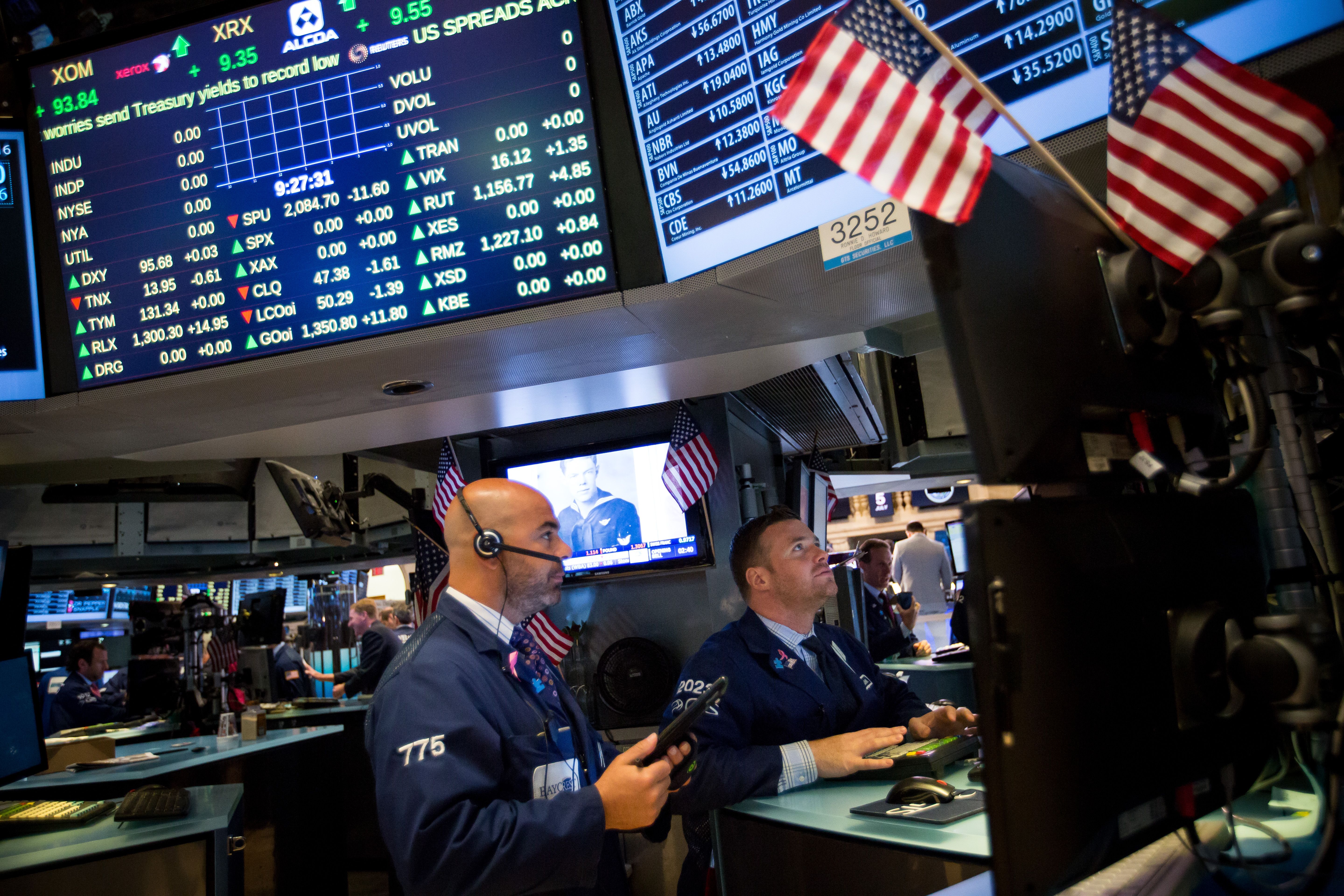World stocks were set for their 10th straight week of gains on Friday, January 26, while the euro jumped more than half a percent as comments by U.S. officials this week advocating their support for a weak dollar reverberated through currency markets.
The MSCI world equity index .MIWD00000PUS, which tracks shares in 47 countries was down 0.1 percent, though it was still set for its 10th weekly gain on the trot.
European shares edged up in early deals, with the pan-European STOXX index up 0.3 percent, although they were set for their first weekly drop this year as a rally in the euro weighed.
Earlier in Asia, MSCI’s broadest index of Asia-Pacific shares outside Japan .MIAPJ0000PUS rose 0.25 percent for the day, led by gains in Chinese financial and property shares.
It headed for its 11th straight day of gains, the longest sequence since 2015, and also for seventh straight week of gains for the first time since 2010.
Japan’s Nikkei .N225 ended down 0.2 percent.
World equity markets have rallied over the past year, buoyed by a synchronized uptick in global economic growth in a boon to corporate profits and stock valuations.
Australian markets were closed for a public holiday.
The Dow .DJI and S&P 500 .SPX ended at their highest closing levels ever on Thursday although Wall Street relinquished bigger intraday gains after President Donald Trump said he wanted a stronger dollar.
Trump said on Thursday he ultimately wants the dollar to be strong, contradicting comments made by Treasury Secretary Steven Mnuchin one day earlier.
While Trump’s comments briefly helped the U.S. currency come off a three-year low, it had fallen further by early European trade on Friday as traders took the view that a protracted decline in the greenback may be likely.
The dollar index .DXY, which measures the greenback against a basket of six major currencies, last stood at 88.89.
The euro meanwhile, had risen half a percent to trade just below its December 2014 high of above $1.25 hit on Thursday. EUR=EBS
With European Central Bank President Mario Draghi declining to lean against the recent euro rally and instead signaling that economic data pointed to “solid and broad” growth, investors were encouraged to push the currency higher.
Draghi also warned that the surge in the euro was a source of uncertainty and said the ECB might have to review strategy if U.S. comments on the benefits of a weak dollar lead to a change in monetary conditions.
Another big mover in currencies on Friday was Britain’s pound, which rose as much as 1 percent after stronger than expected GDP numbers for the fourth quarter.
A fourth quarter GDP reading from the United States is also due at 1330 GMT.













